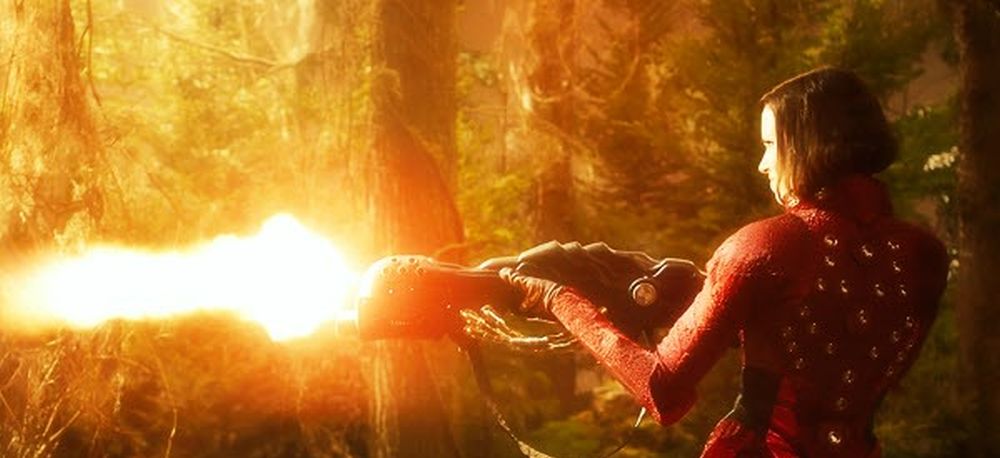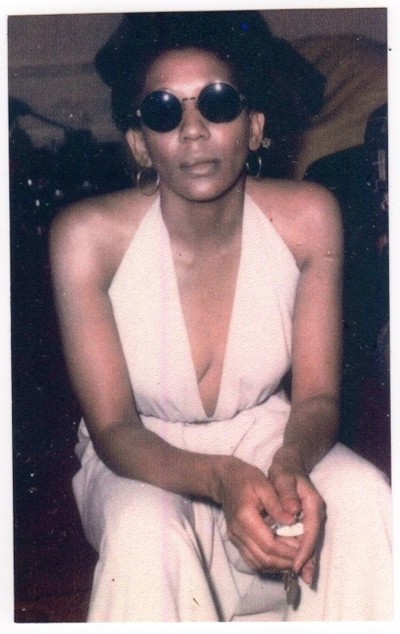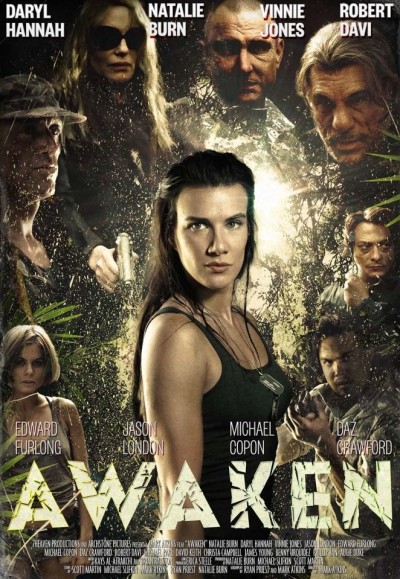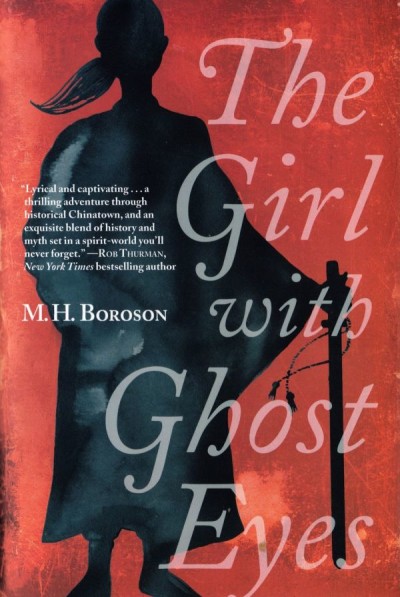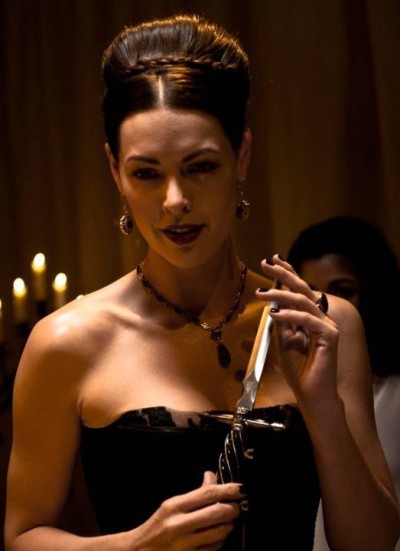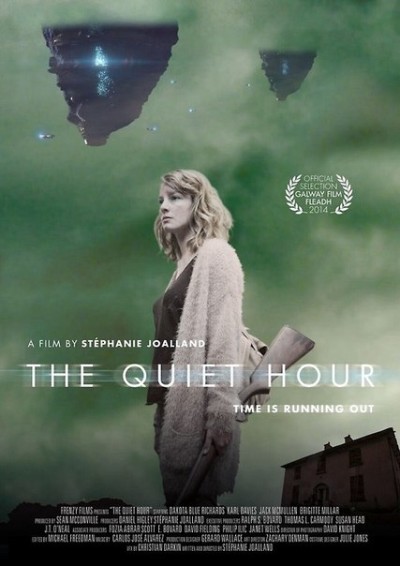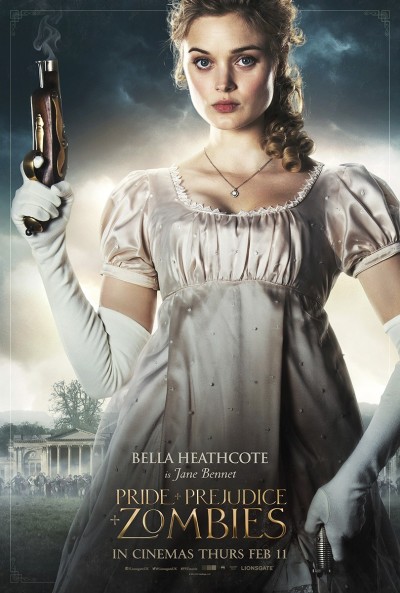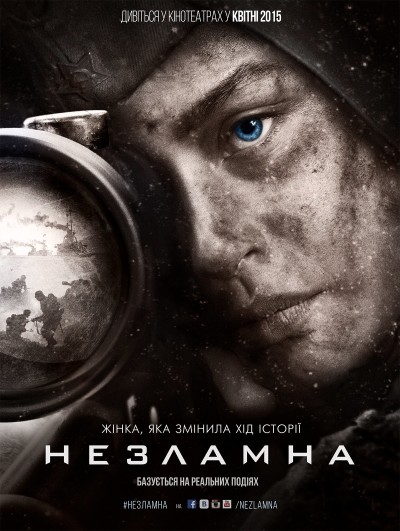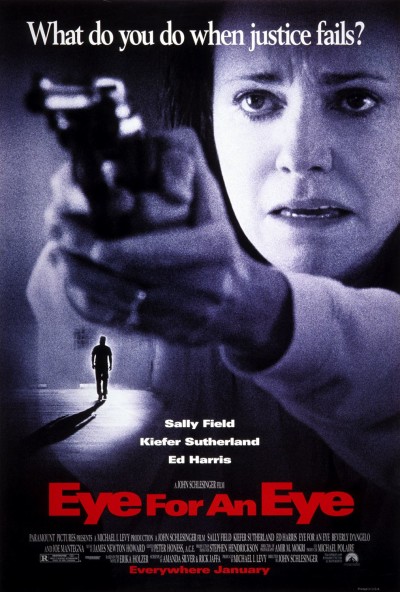★★★
“Nobody dressed like that in those days.”
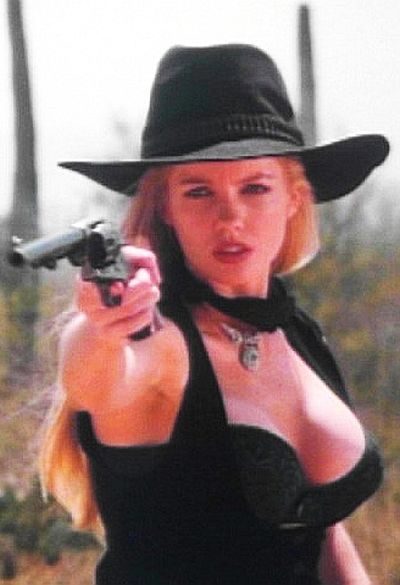 I can’t believe an IMDb reviewer wrote the above, with an apparently straight face, because it’s severely missing the point of this nudie-cutie Western. The women are certainly packing, but the large-caliber weapons on display are not restricted to six-shooters, if you know what I mean, and I think you do… That said, I reviewed this as a girls with guns flick a long time ago, back when this site was not even a gleam in my eye. But watching it again, I was beginning to wonder if I’d seen a different movie, as the first half is entirely action-heroine free.
I can’t believe an IMDb reviewer wrote the above, with an apparently straight face, because it’s severely missing the point of this nudie-cutie Western. The women are certainly packing, but the large-caliber weapons on display are not restricted to six-shooters, if you know what I mean, and I think you do… That said, I reviewed this as a girls with guns flick a long time ago, back when this site was not even a gleam in my eye. But watching it again, I was beginning to wonder if I’d seen a different movie, as the first half is entirely action-heroine free.
It focuses more on bounty hunter Kanning (McCoy), whose life is disturbed when his former partner shows up, the murderous Carver (Terlesky, whom we’ll always remember fondly for his role in another Wynorski film, the brilliantly tongue-in-cheek Deathstalker II). The tension of unresolved issues runs high between them, in and out of the saloon/brother where Kanning’s girlfriend, Donna (LeBrock sporting a British accent for some ill-explained reason) is the head girl. There’s no shortage of nudity, certainly, but that’s the only action in which the ladies take part. Then, Carver – again, for ill-explained reasons – strangles one of the saloon ladies, and high-tails it off back to the land baron who employs him. Donna and her colleagues decide to head after him and take revenge for their fallen comrade, and Kanning, fearing the worst, tails along to help them out as they go in with guns a-blazing. Ah, so that’s why I reviewed this.
It certainly isn’t saying much, but this is far better than Gang of Roses II, and arguably more entertaining than the similarly-themed Bad Girls [which I probably should review here at some point, though that would mean having to watch it again]. The players are easy on the eye, though who knew breast implants were so prevalent in the Old West, and the dialogue could certainly have used an additional polish. For example, just before heading off on her mission, Donna is told by Kanning, “You can’t do this!”, to which she replies with the immortal (for all the wrong reasons) line: “There’s only two things I can’t do. One is make love to a woman, the other one is piss up a wall. And right now, there’s only one of those I regret not being able to do.” Er… what?
The action is about what you’d expect from a modest genre entry, with a moderate amount of blood-free gun-fighting. The ease with which the whores become stone-cold killers is quite surprising, given the complete lack of any fondness for guns shown previously. However, I was just happy to see it at all, having started to question my memories from two decades previously. You need to be able to handle that this almost feels like two different films joined in the middle, with the first being a lightly-amusing excuse for lingerie and less, and the second a revenge-driven thriller. Still, I can’t say I minded either too much, and as long as you manage your expectations, you probably won’t either.
Dir: Jim Wynorski
Star: Matt McCoy, Kelly LeBrock, John Terlesky, Rochelle Swanson





